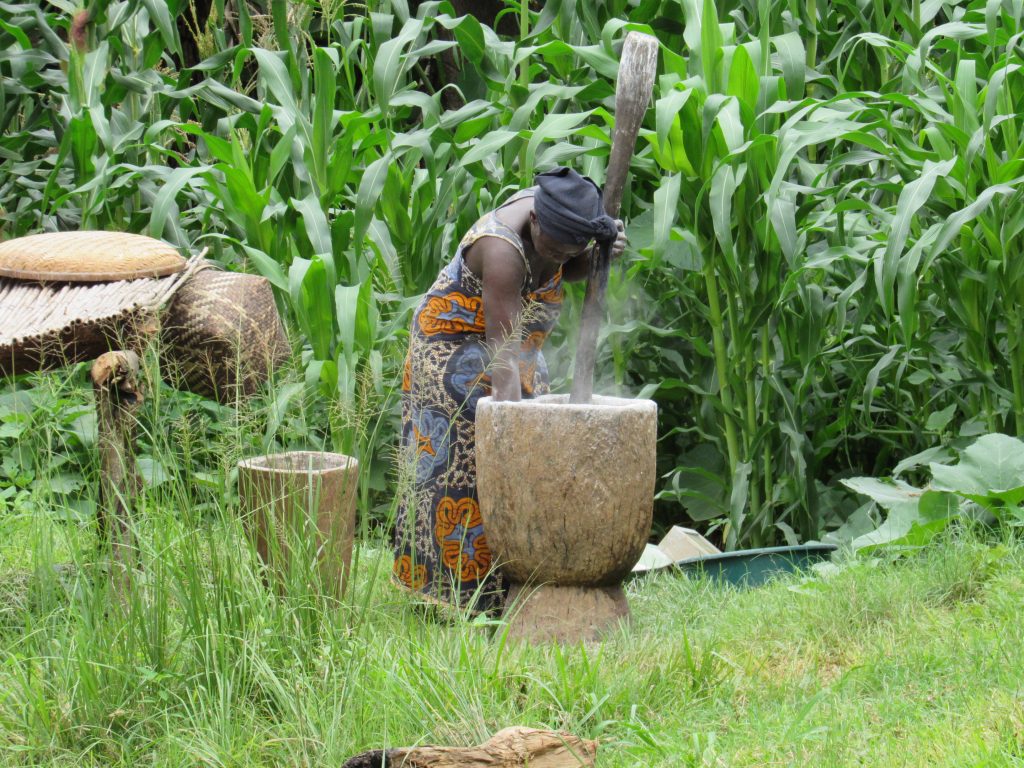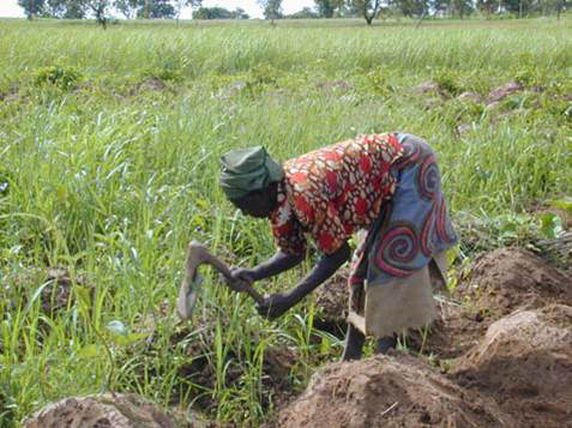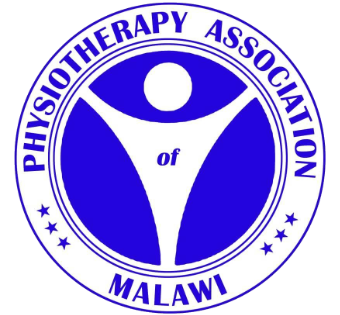Discomfort from Daily Farming and How We Can Lend a Hand
In the West, many of us picture Africa as this lush expanse of grass and streams and wildlife. And while it is just that, there is one key factor to this picturesque ideal that often gets forgotten: the rainy season.
The rainy season is what brings life and existence to most of Africa. Without it, drought is a major concern and over the last few years, has been a devastating reality in parts of Malawi and Sub-Saharan Africa. But we remain fortunate in Nkhata Bay, and the rain brings with it a constant cadence of life and renewal, and deep, rich tides of muddy red earth.
When there is a healthy rain season, crops are hopefully more reliable and abundant. Approximately 78% of Malawians rely on sustenance farming to provide for and to support their families. The majority of what is grown on the hand-to-earth community level is usually maize – the main staple in their diet – rice, and cassava (the staple root vegetable of our region). Farming means life and must be done for survival.
Most community members are involved in the daily work of tending to their gardens. From the time they can pull weeds or carry a hoe, children are quickly given tasks and expected to help in the gardens. Most individuals spend an average of five hours a day tending to the crops which can involve tilling, weeding, planting and fertilizing; all very labor-intensive duties.
The main reason that these chores can be so exhausting, and can quickly cause bodily discomfort, eventually leading to chronic pain or injury, is the position in which the farming is done.
There are two styles typically implemented while in the gardens. Either one: using a three foot long hoe, bending from the hips and waist to reach the ground, causing an extreme amount of flexion in the spine. While bent, they keep their feet together and dig the hoe into the ground.
Or two: the same posture and movements are used, but with a slightly longer hoe.
The impact of holding their bodies in these positions is instant and harming. Most report feeling stiff and achy after only twenty minutes of work, but will continue on in the same position for the rest of the day. This is just how it’s done.
As Health in Motion continues to learn from our neighbours in these communities, we see several interventions that could aid them in reducing their discomfort.
If we use a lunge-like posture, where their legs make more of a V shape, keeping a slight bend in the knee, this allows for the weight of being bent over to shift from putting pressure on the spine and disc in the lower back. Instead, weight and stress is transferred to the larger supporting muscles in the quadriceps and thighs, allowing for more stability, support and overall strength to remain in the position to work for a longer period of time.

While it is only a small modification to the necessities of daily life, being able to lend knowledge of
body movement and functions that can add to long term comfort and health remains at the forefront of what Health in Motion is all about. Farming is the heart of many Malawian communities and our goal is to continue to strengthen that heart.




